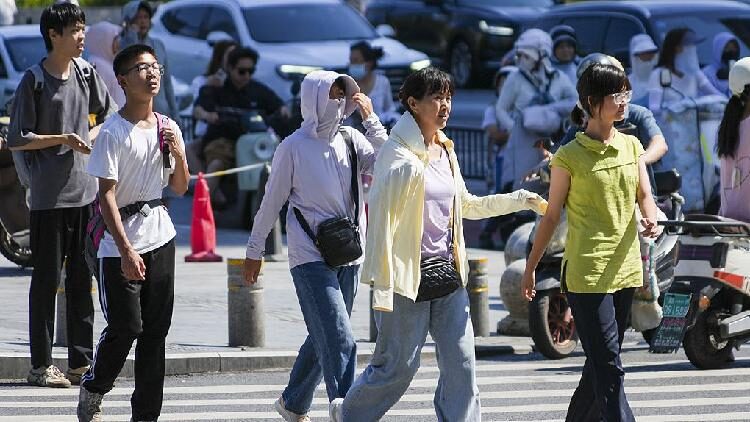Here are some of the top stories from around Asia this week that you might have missed.
South Korea Experiences Hottest Year in Half a Century
South Korea has recorded its hottest year in 50 years, according to the Korea Meteorological Administration. The nationwide average temperature reached 14.5 degrees Celsius in 2023, making it the warmest year since 1973.
The country experienced 103.6 abnormally warm days based on daily low records and 76.7 abnormally warm days based on daily high records. These abnormally warm days are defined as days when temperatures fall outside the top 10 percent of historical averages for that time of year.
The average summer temperature was 25.6 degrees Celsius, making the summer of 2023 the hottest since 1973. This was 1.9 degrees Celsius hotter than previous years based on average summer temperature records.
Tokyo Introduces Japan’s Second Baby Hatch
A Tokyo hospital has launched Japan’s second “baby hatch” to provide a safe haven for newborns from unwanted pregnancies. The facility, operated by the San Ikukai Foundation, allows infants within four weeks of age to be anonymously placed in a basket in a quiet room with a discreet entrance.
The baby hatch is open 24 hours a day and is intended as an “emergency, last-resort measure” to save babies’ lives, according to Hitoshi Kato, head of San Ikukai Hospital. The first baby hatch in Japan was opened in 2007 at the Catholic-run Jikei Hospital in Kumamoto Prefecture, where 179 babies and toddlers have been left as of May last year.
Gas Pipeline Fire in Malaysia Injures Dozens
Dozens of people in Malaysia are receiving treatment after a massive fire broke out at a gas pipeline operated by state energy giant Petronas. The blaze occurred in Puchong, on the outskirts of Kuala Lumpur, and has since been extinguished.
At least 305 people were affected, including those left homeless after around 190 homes were damaged. Malaysian Prime Minister Anwar Ibrahim stated that the state government and Petronas would take full responsibility for restoring the area, a process that could take up to a year.
Thailand’s Economic Activity Slows Amid Earthquake Concerns
Thailand’s economic activity slowed in February due to decreased activity in manufacturing and services, according to the Bank of Thailand. The central bank is monitoring the potential impact on the tourism sector following last week’s earthquake in the region.
Tourism, a key driver of Thailand’s economy, also saw a slowdown in February compared to the previous month. The Tourism Authority of Thailand reported that the number of tourists from the Chinese mainland reached 1 million in the first two months of this year, down 12 percent from 1.18 million in the same period last year, due to economic factors and safety concerns.
The central bank noted that the earthquake, which was centered in Myanmar, could further affect tourism confidence and public spending. The quake occurred ahead of “Songkran,” Thailand’s New Year festival next month, which is a major attraction for foreign visitors.
Reference(s):
Asia News Wrap: 2024 was S. Korea's hottest year in 50 years, and more
cgtn.com








